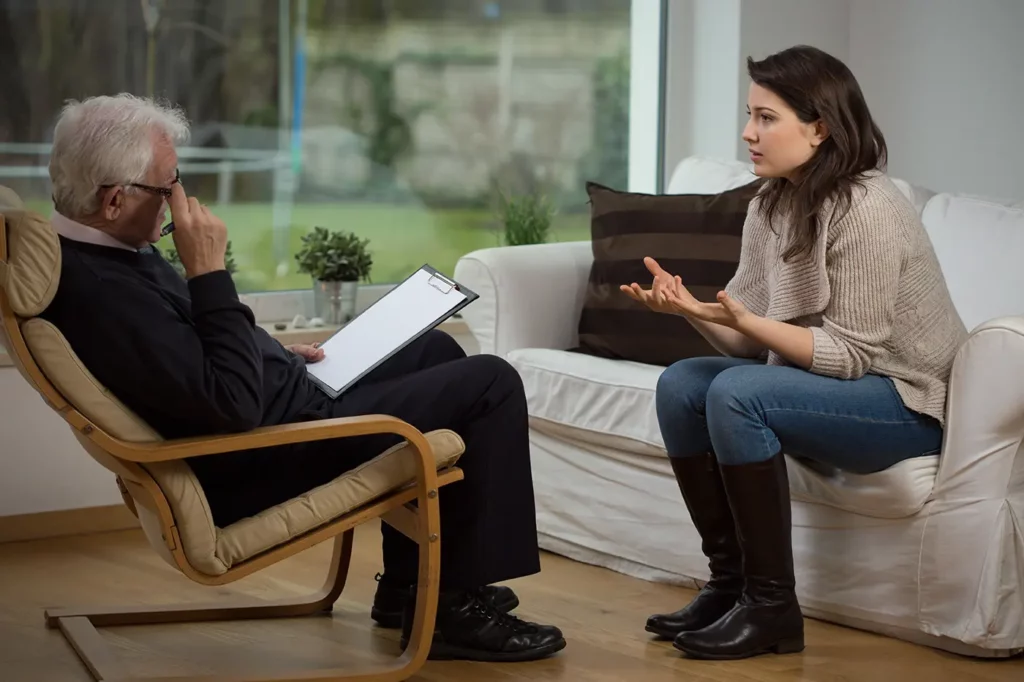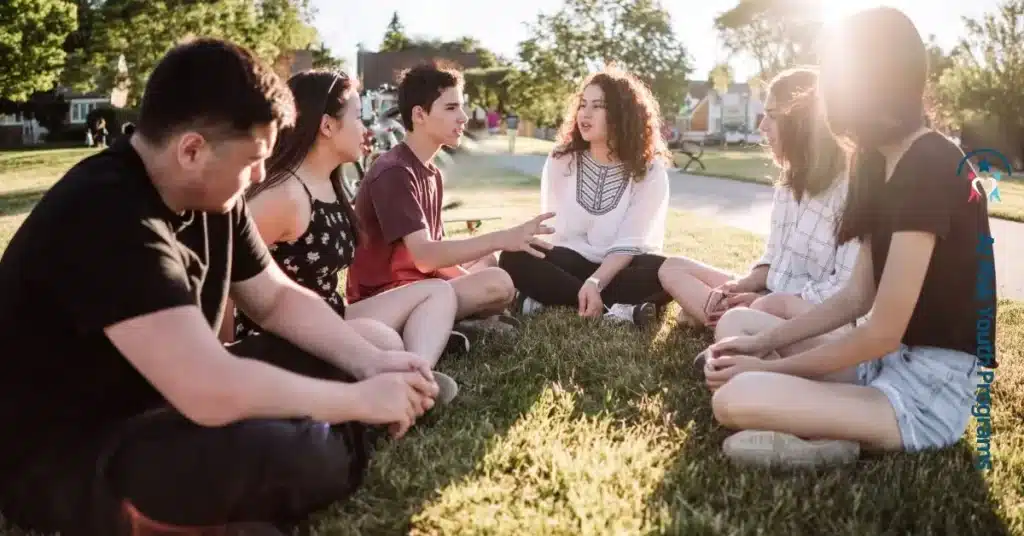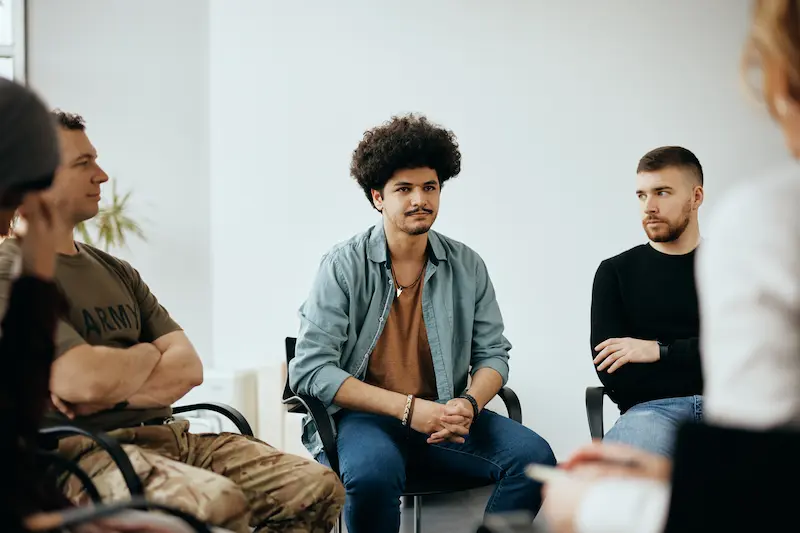24/7 Helpline:
(866) 899-221924/7 Helpline:
(866) 899-2219
Learn more about Group Therapy centers in Chattooga County

Other Insurance Options

Holman Group
Beacon

Health Net

Humana

WellCare Health Plans

UMR

Molina Healthcare

WellPoint

MHNNet Behavioral Health

Carleon

EmblemHealth

BHS | Behavioral Health Systems

Regence

Premera

ComPsych

Health Partners

Kaiser Permanente

Access to Recovery (ATR) Voucher

Group Health Incorporated

Coventry Health Care

Dorchester Mental Health Center
Dorchester Mental Health Center is a public rehab located in Summerville, South Carolina. Dorchester...

Palmetto Summerville – Behavioral Health
Palmetto Summerville – Behavioral Health is a private rehab located in Summerville, South Carolina. ...













































Dorchester Alcohol and Drug Commission
Dorchester Alcohol and Drug Commission is located in Summerville, South Carolina. Dorchester Alcohol...

Dorchester Counseling Services
Dorchester Counseling Services is located in Summerville, South Carolina. Dorchester Counseling Serv...


























